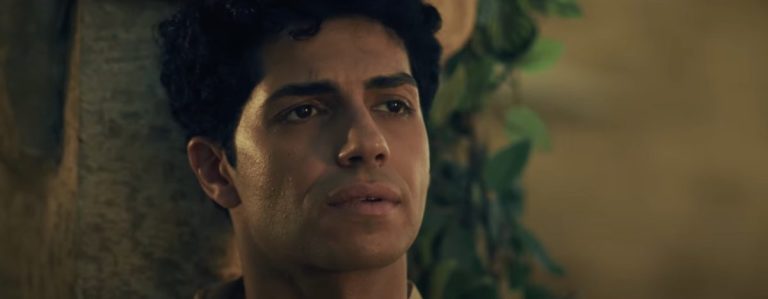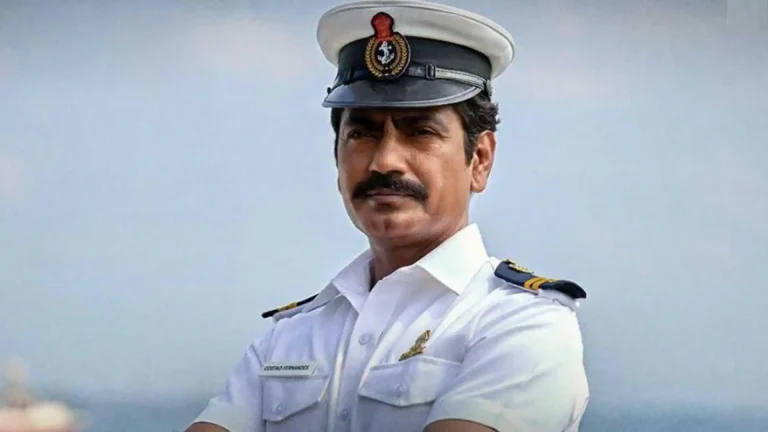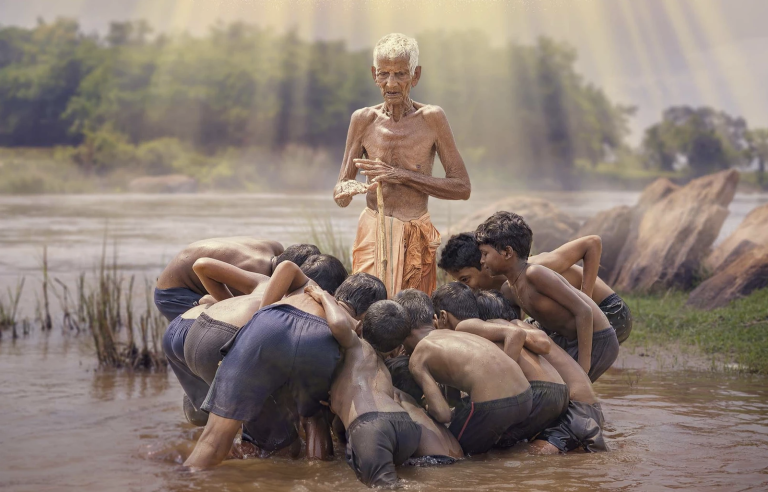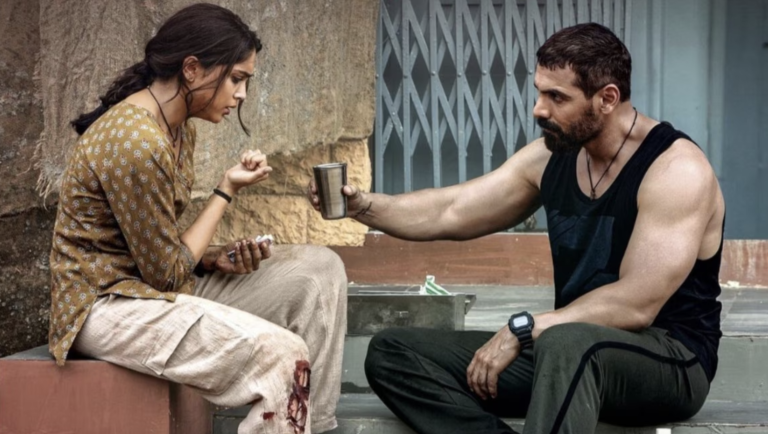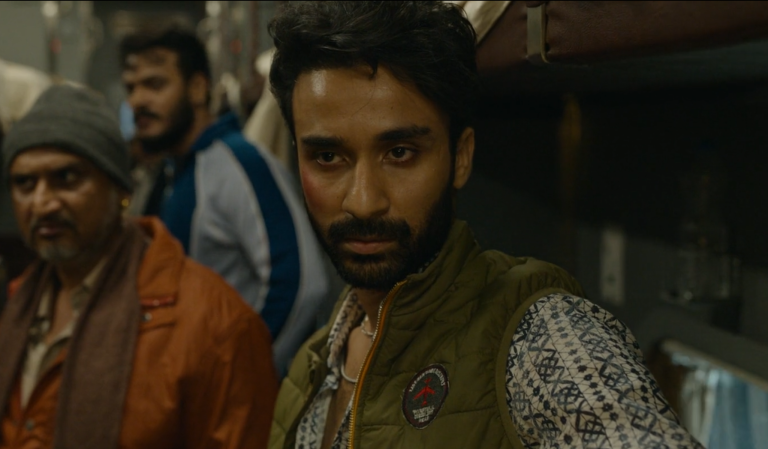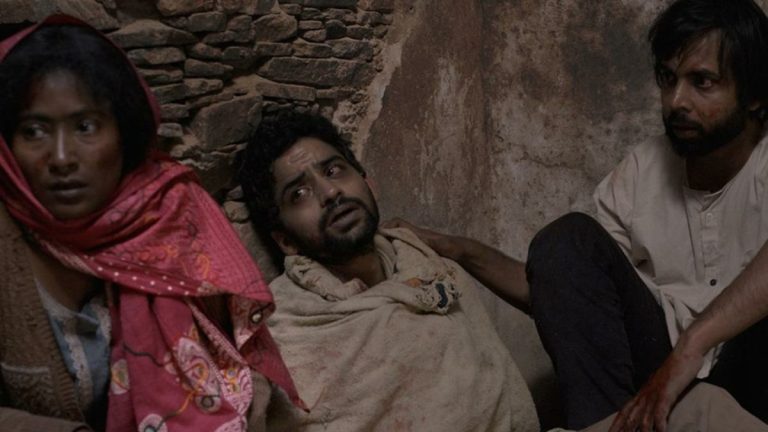In Sri Lankan auteur Prasanna Vithanage’s latest film, Paradise, which scooped up the prestigious Kim Jeseok prize at this year’s Busan International Film Festival, an Indian couple traveling to Sri Lanka for their wedding anniversary, is caught amidst the country’s freefalling economic crisis. Starring Darshana Rajendran and Roshan Mathew and produced by the promising Newton Cinema (also behind Don Palathara’s bone-chillingly brilliant and formally rigorous Family), the simmering, gripping drama deploys the unraveling marriage to urgently foreground questions of privilege and male entitlement as well as excavate a nation’s barely concealed fault lines. Edited excerpts from a brief interview with Prasanna Vithanage held along the sidelines of the Dharamshala International Film Festival.
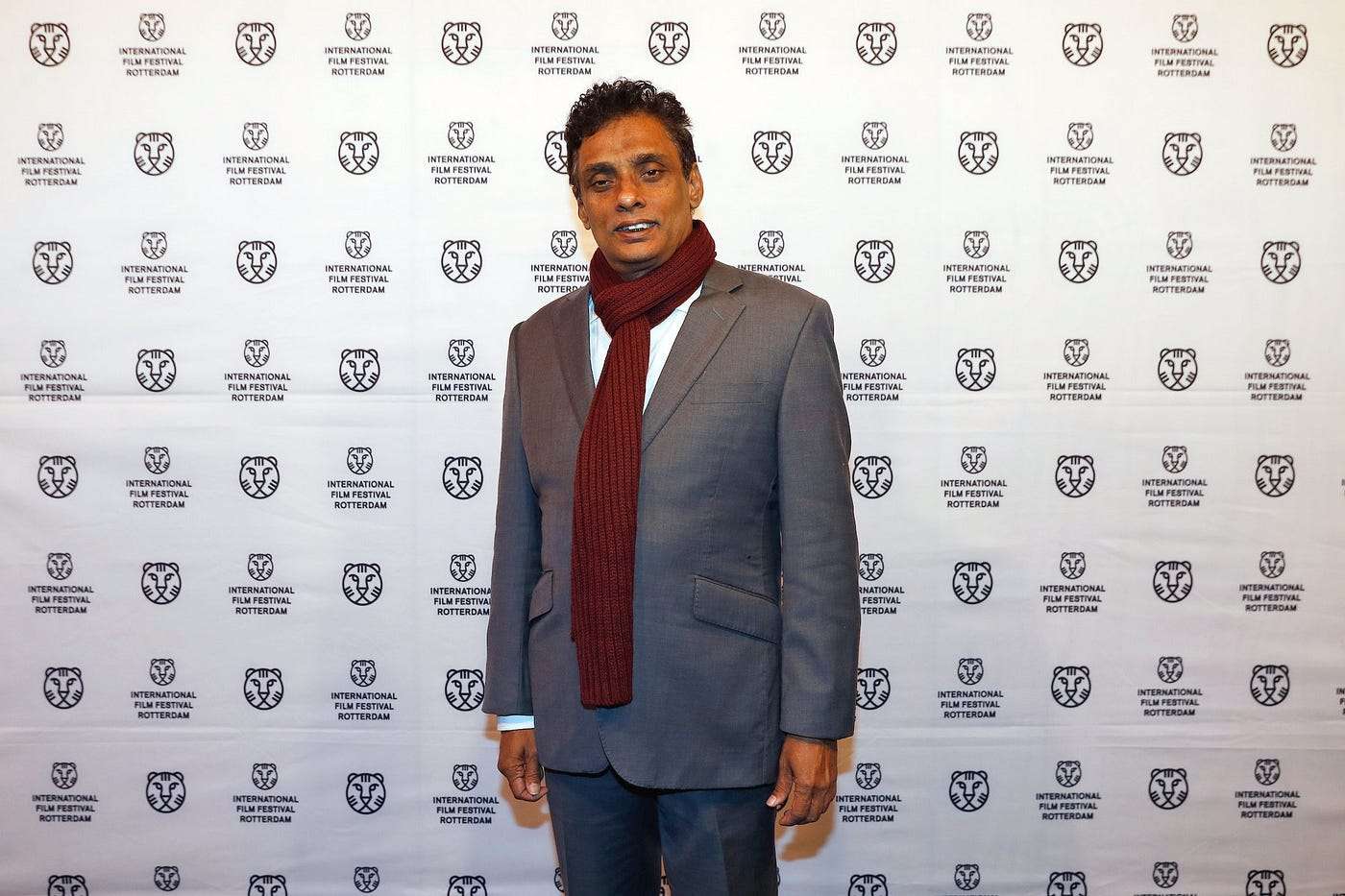
You’ve had the idea of the film for almost a decade. Talk to me about how it first germinated and gradually evolved over the years.
I’ve a friend who’s been a co-producer on two of my films. He is married, and they are documentary filmmakers. They had come to Sri Lanka for a workshop. They requested me to find a good place to spend time in and resolve some issues about their marriage. This was around 2012-2013. So I chose this place, this bungalow where I’ve been to. Actually, they then decided to carry on their marriage. It was a happy ending for them. (laughs) I’d been working on a film about a relationship in this location/setting and how it either plummets or comes out unscathed.
I’ve been coming to India for years and have observed the stark indifference of the Indian middle class to poverty and what happens around them. I’ve seen it in Sri Lanka too. But with the crisis in Sri Lanka, I began thinking of a plot about two people who’ve had nothing to do with Sri Lanka and integrate how this crisis creeps into their lives.
Even the Ramayana tour shown in the film became vastly popular only recently, after 2014-2015. It was promoted as the Ramayana tour, designed to cater to Indian Hindus.
There’s also a fascinating multi-lingual aspect to the film that registers the varied power denominations at play…
The original script was written in Sinhala and English with Anushka Senanayake. We wrote the Sergeant Bandara scenes at the police station in Sinhala and gave the English script to all the actors. We never translated it into Malayalam. For the Malayalam bits, Darshana Rajendran and Roshan Mathew came up with their own dialogues.
You’ve said Roshan Mathew came to you with a bunch of notes that matched yours. Give us a peek into them.
For Roshan’s character (Keshav), I devised a character arc that goes from positive to negative. He comes off as a professional guy who is happy and emotional with the Netflix contract. His career is more important than anything. My agreement with Roshan was that let’s just play him, not judge him. Whatever people might say after the film, his characteristics are inherent in all men. Our lives are centered on the adulation we receive from the outside. When something goes wrong, who bears the brunt? Keshav keeps suspecting his wife, asking her repeatedly whether she did close the window. In real life, men and women do not accept that the power balance between them is not equal.
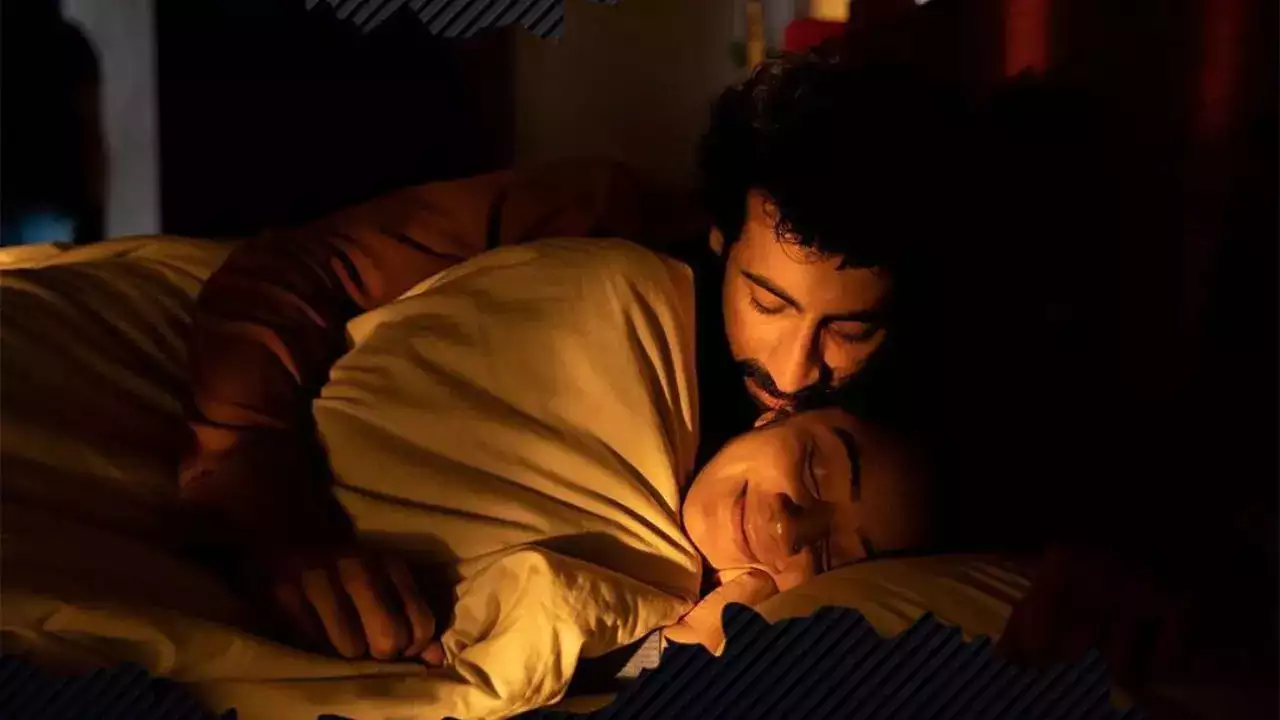
Darshana Rajendran is the film’s moral centre, who is quietly imploding. What made you sign her on?
I have been following her work for a while. But more than trust in her acting capability, I was looking for an actress who is absolutely unconcerned about her looks or how she wishes to project herself. Her character (Amritha) is someone who cannot be a professionally successful woman. She takes the backseat, cushioning her husband’s career. I saw all these qualities that Darshana could pull off. Now, all actors have different methods. A director should understand everyone’s temperaments and bring some kind of alignment onto common ground.
You first traveled to Busan with Anantha Rathriya (Dark Night of the Soul) in 1996. There’s a nice circularity with you winning the Kim Jeseok prize this year…
I knew the late Kim Jeseok very well. He promoted not just my own films but also many other Asian filmmakers at Busan that got picked up by other festivals and secured distributors. I did feel very emotional about receiving an award in his memory. Honestly, I couldn’t have asked for a better start to this film’s journey into the world.
Paradise screened at the 12th Dharamshala International Film Festival 2023


